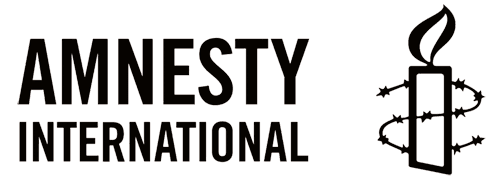Kidutettu Ali Aarrass vankilassa nälkälakossa. Terveys heikentynyt. Vaadi hoitoa ja vapauttamista. Vastaa VETOAN MAROKKO NIMESI numeroon 16499. Viesti maksaa 90snt.
Ali Aarrass was admitted to hospital on 27 October, two weeks after prison medical staff first recommended this and two months after he began his hunger strike. His family have told Amnesty International that he is suffering numbness in his legs and that the pain in his head, liver and kidneys is so severe that he is no longer able to sleep.
A delegation of Morocco’s National Human Rights Council (Conseil national des droits de l’Homme, CNDH) visited him on 26 October and told the prison authorities they should transfer him to hospital, which they did the following day. He underwent a series of medical examinations, and asked to go back to prison on 29 October so he could communicate with his family. He is still on hunger strike.
Ali Aarrass is urging the Moroccan authorities to release him, two years after the UN WGAD called on the authorities to release him immediately. The WGAD concluded that he had been convicted solely on the basis of “confessions” extracted under torture.
His hunger strike is also a protest against significant delays in the judicial authorities’ investigation into his torture allegations, as well as the failure of the Court of Cassation, Morocco’s supreme judicial authority, to reach a decision in his case, nearly three years after he appealed against his conviction.
Ali Aarrass has been detained in Morocco since 14 December 2010, when he was forcibly returned from Spain. He has said he was held incommunicado and tortured for 12 days in a secret detention centre run by the General Directorate for the Surveillance of the Territory (Direction générale de la surveillance du territoire, DST) in Témara.
He is serving a 12-year prison sentence handed down after he was convicted of participating in and procuring arms for a criminal group known as the “Belliraj network”. The court had relied on a “confession” which he said had been obtained through torture.
Morocco’s judicial authorities announced on 21 May 2014 that they were conducting an investigation into his torture allegations, two days after the UN Committee against Torture found Morocco in breach of the Convention against Torture in relation to Ali Aarrass. Ali Aarrass underwent a medical examination in November 2014 over several days, without an independent monitor present, as proposed by his lawyers and, separately, Amnesty International. His lawyers have not yet received the report of the medical examination.
The UN Human Rights Committee decided in July 2014 that Spain had breached its obligations under the International Covenant on Civil and Political Rights by extraditing Ali Aarrass to Morocco, in spite of warnings by the UN and Amnesty International. It asked Spain to award Ali Aarrass adequate compensation and take all possible measures to work with the Moroccan authorities to ensure he was well treated in Morocco. In 2015, the Committee against Torture also expressed concern about the extradition and called on Spain to investigate his torture allegations.
The Brussels Court of Appeal instructed the Belgian authorities in September 2014 to provide Ali Aarrass with consular assistance. The Belgian authorities have appealed before the Court of Cassation.
Ali Aarrass has said that on 29 September several men came to search his cell, without identifying themselves, though some were wearing green uniforms and others civilian clothes. They threw him to the floor, causing him severe pain, and kicked him and shouted at him when he asked to see a doctor. He said they had filmed the search, which lasted over two hours, and destroyed his personal belongings, off camera. His family believe this was in retaliation for having reported being tortured in 2010, as well as an international public campaign calling for his release.

